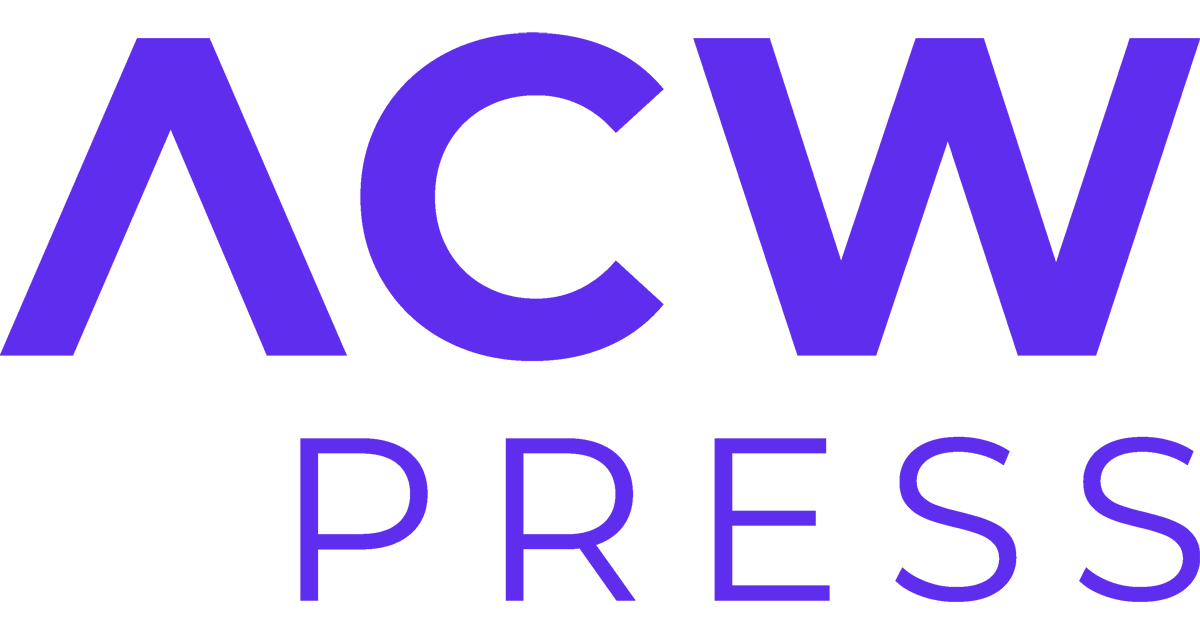Corrections, Retractions, and Matters Arising
We are dedicated to maintaining the integrity and accuracy of the scholarly record. This policy outlines our procedures for handling corrections, retractions, and matters arising from published works in our journals.
Corrections
Corrections are issued to rectify errors that may affect the understanding or accuracy of a published article. These errors can be minor (e.g., typographical errors) or major (e.g., errors in data or conclusions).
-
Types of Corrections
-
Erratum: Issued to correct errors made by the journal during the production process.
-
Corrigendum: Issued to correct errors made by the authors.
-
Process for Issuing Corrections
-
Authors or readers should contact the editorial office if they identify an error in a published article.
-
The editorial team will evaluate the significance of the error and determine whether a correction is warranted.
-
If a correction is necessary, a formal notice will be published in the journal, linked to the original article, and indexed appropriately.
-
Content of Corrections
-
Corrections will clearly state the nature of the error and provide the corrected information.
-
The original article will be updated with a link to the correction notice.
Retractions
Retractions are issued to withdraw a published article when the integrity of the work is significantly compromised. Reasons for retraction include but are not limited to, research misconduct, data fabrication, plagiarism, and significant errors that invalidate the findings.
-
Criteria for Retraction
-
Evidence of unethical research practices or misconduct.
-
Significant errors that undermine the reliability of the data or conclusions.
-
Redundant publication or plagiarism.
-
Process for Issuing Retractions
-
Retraction requests can be initiated by the authors, readers, or the editorial team.
-
The editorial team will conduct an investigation, possibly involving independent experts, to verify the validity of the retraction request.
-
If retraction is warranted, a retraction notice will be published, linked to the original article, and indexed appropriately.
-
Content of Retractions
-
Retraction notices will clearly state the reasons for retraction and the parties involved.
-
The original article will remain accessible with a watermark indicating its retracted status and a link to the retraction notice.
-
Criteria for Matters Arising
-
Substantial comments or criticisms that impact the interpretation of the original article.
-
Additional data or insights that provide a different perspective on the published work.
-
Process for Addressing Matters Arising
-
Authors or readers can submit comments or responses to the editorial office.
-
The editorial team will review the submission to ensure it is relevant, constructive, and substantiated.
-
Approved matters arising will be published in the journal, linked to the original article, and indexed appropriately.
-
Content of Matters Arising
-
Published matters arising will include the original comment or criticism, a response from the authors (if applicable), and any additional editorial commentary.
-
The original article will be updated with a link to the matters arising notice.
-
Investigation and Decision-Making
-
The editorial team will handle all requests for corrections, retractions, and matters arising with due diligence, transparency, and fairness.
-
Independent experts may be consulted during the investigation to ensure objectivity and accuracy.
-
Communication
-
The editorial office will communicate clearly and promptly with all parties involved in the correction, retraction, or matters arising in the process.
-
Authors will be informed of any decisions and given an opportunity to respond.
-
Publication and Indexing
-
All corrections, retractions, and matters arising will be published in a timely manner and linked to the original articles.
-
Notices will be indexed and made accessible to ensure the integrity and accuracy of the scholarly record.
Matters Arising
Matters Arising refers to responses and discussions regarding significant issues raised about a published article. This section allows for post-publication dialogue and addresses concerns that do not warrant retraction or correction but require clarification or additional discussion.

